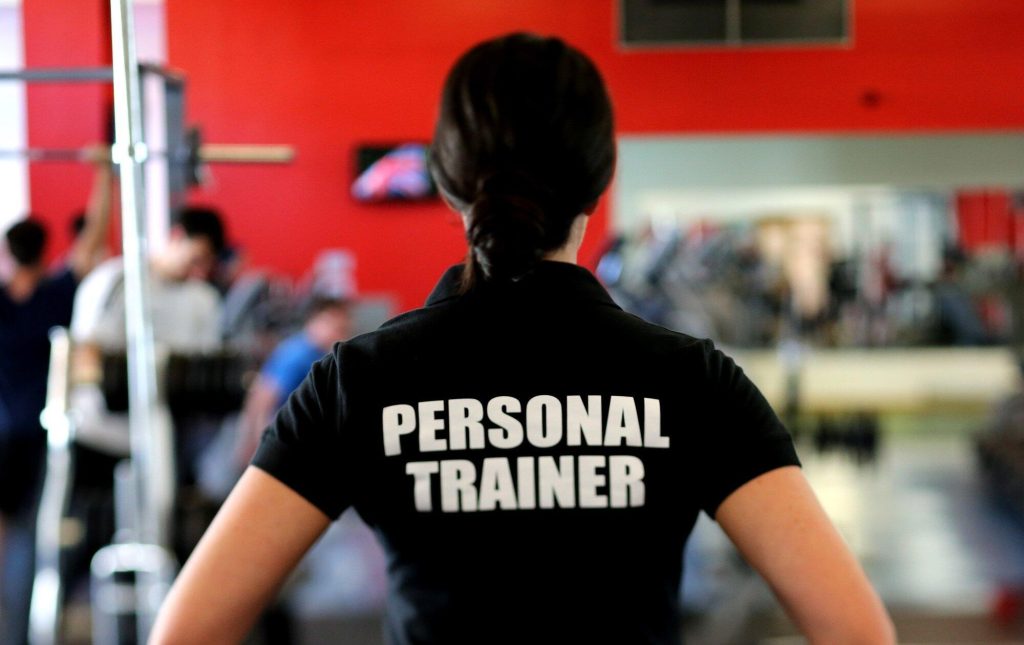Did you know that the market value of the global fitness industry is over $87 billion?
The fitness industry is booming. With the rising demand, there has been an increase in the number of fitness professionals entering the market. You may come across two common titles: “fitness coach” and “personal trainer”.
While these two roles may seem similar, they have differences that can impact your fitness journey. In this article, we will discuss what to expect from a fitness coach vs personal trainer. Keep reading to find out which one is the best fit for your goals and needs.
Education and Certification
Fitness coaches may have various educational backgrounds. This might be anything from a certification from an established organization to a Bachelor of Science in Exercise Science. It’s crucial to look over a fitness coach’s credentials before employing them.
Personal trainers have more specific education and certification requirements. They’re required to have a personal training certification from an accredited organization. This ensures they have a certain level of knowledge and expertise in the field.
Some trainers may also have additional certifications in specific areas such as nutrition or injury prevention. This can be beneficial for clients with specific goals or needs.
Approach and Focus
A fitness coach may take a more holistic approach. They focus on overall health and wellness rather than just physical fitness. They may also work with clients on:
- Behavior change
- Stress management
- Mindset
- Nutrition and lifestyle changes
A personal trainer typically focuses solely on physical fitness. They create personalized workout plans for their clients. This could include:
- Strength training
- Cardio
- Flexibility exercises
- Proper form and technique
Cost
The cost of a fitness coach and a personal trainer can vary. Fitness coaches may charge less due to their varying education and certification levels.
Personal trainers often have higher rates. This is due to their specialized knowledge and certifications.
However, the cost should not be the only factor when making a decision. It’s important to consider your specific goals and needs. Choose the professional who can best support you in achieving them.
Communication and Support
Fitness coaches may offer more personalized support and communication. They take a holistic approach, so they may spend more time understanding their clients’ needs and goals. This could include regular check-ins and discussions outside of training sessions.
Personal trainers typically focus on the physical aspect of fitness. This means they may not have as much emphasis on communication and support. However, this can vary depending on the trainer’s approach and style.
Clientele
Fitness coaches may have a broader clientele. They may work with individuals of all ages, abilities, and fitness levels. Their holistic approach makes them suitable for a wide range of clients.
Personal trainers typically work with clients looking for specific results. This could range from weight loss to improving athletic performance. They may also specialize in training certain populations such as athletes or seniors.
Fitness Coach vs Personal Trainer: Uncovering the Differences
Understanding the differences between a fitness coach vs personal trainer can help you choose the right professional for your fitness journey. Consider factors such as education, approach, cost, clientele, and communication before making a decision.
Both professionals can provide valuable support and guidance in reaching your fitness goals. Ultimately, it’s important to find someone who aligns with your needs and can help you achieve long-term success.
Was this helpful? If so, please keep browsing our site to find more useful information!

